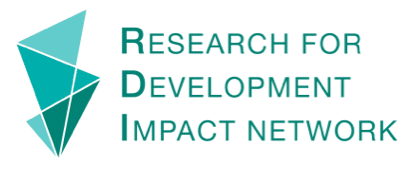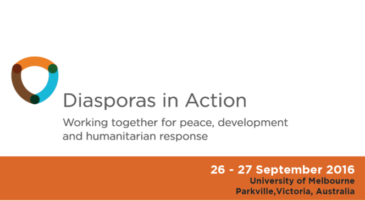
The RDI Network, CBM Australia, Nossal Institute for Global Health and Pacific Disability Forum (PDF) have collaborated to bring forth a disability-inclusive research guidance, Research for All: Making Research Inclusive of People with Disabilities.
Launched in June, the RDI Network and ACFID now bring you an in-depth online workshop. This online event is the second of three webinars in this series.
Guests will include Marc Purcell from ACFID, Lana Logam and Tess Hillgrove from Nossal Institute of Global Health.
Ethical processes and considerations in disability-inclusive research
Discussing the ethical considerations for designing inclusive research questions and methods, including when working
with children with disabilities. This involves enabling and obtaining informed consent. Whilst it is not possible for this guide to cover all
scenarios, potential examples are highlighted. Key processes and considerations described include:
- Gaining ethics approvals to work with people with disabilities.
- Providing information about the research process, research tools, and research reports, in ways and in formats that are accessible to people with different types of impairments.
- Enabling ‘informed consent’ by providing potential participants with necessary and accessible information. This includes facilitating genuine and informed decisions about how they want to participate in the research.
- Ensuring the right to privacy for participants and confidentiality of information.
- Providing appropriate support structures to manage the potential effects of involvement for people with disabilities and other members of the research team (e.g. providing feedback, debrief and complaint pathways that are realistic, safe, and accessible).
*Please register on time to ensure that we can accommodate your accessibility needs.



